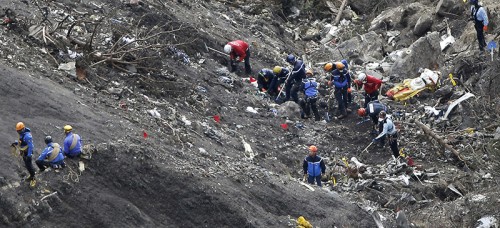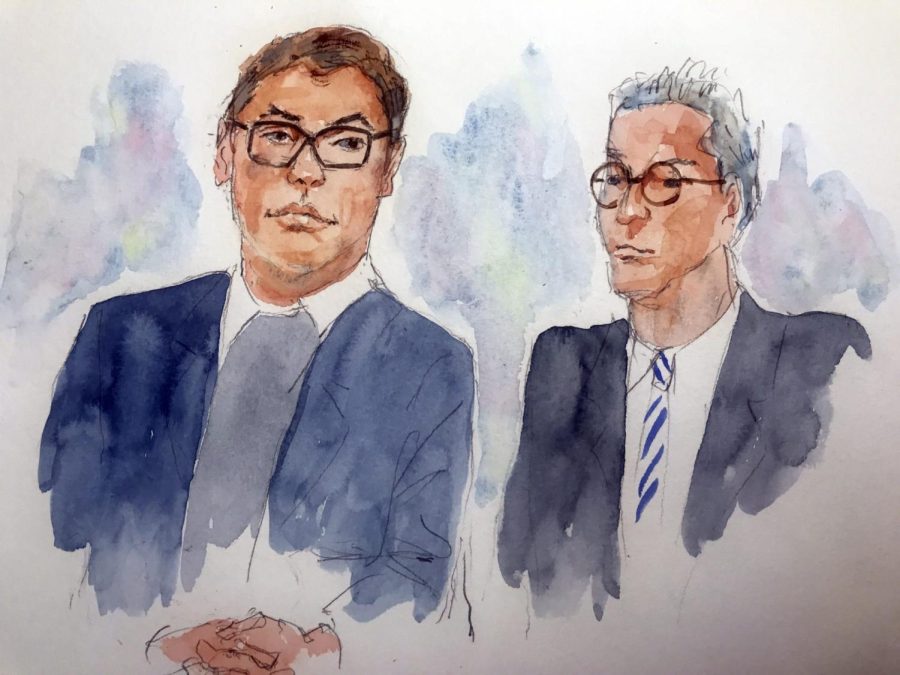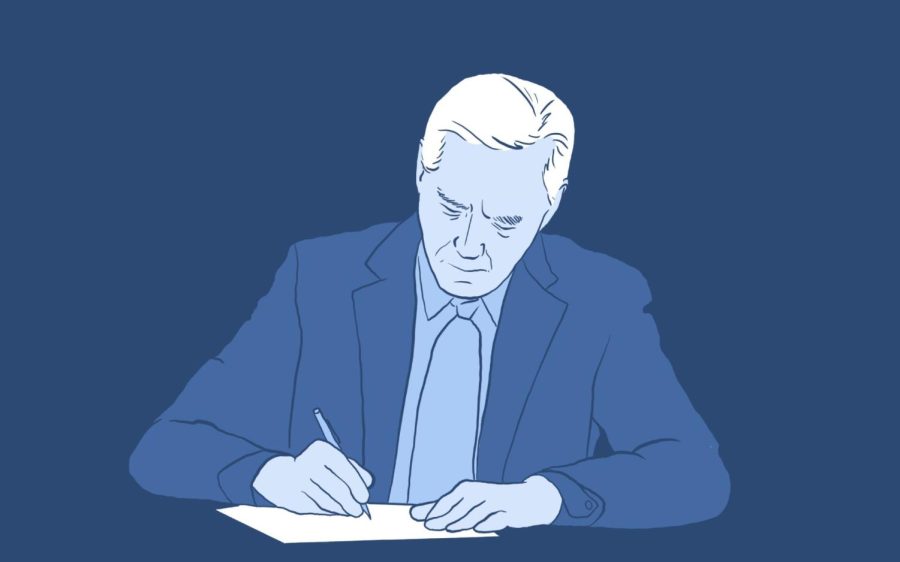
The risk of being involved in a fatal airline accident is one in 5.4 million, according to an Economist report. Yet, more people than ever before today have a fear of flying, with prevalent effects when examining peoples’ recent travel decisions.
Such perceptions are not necessarily surprising. The recent crash of Germanwings Flight 9525 was only the most recent in a spate of high-profile airline crashes. Other past incidents have included a recent non-lethal crash landing in Halifax, Canada March 29, the disappearance of Malaysia Airlines Flight 370 in the Indian Ocean in March 2014 and the shooting down of another Malaysia Airlines flight over Ukraine in July 2014.
Ralph Erber, a professor of psychology, described how fears may appear more prevalent if certain incidents are presented in an extraordinary way, even if they are not necessarily likely to occur.
“I don’t think the media creates (fears), but the often powerful images they present certainly contribute to them,” Erber said. “Even the most rational actor will have difficulty clinging to the belief that air travel is perfectly safe when exposed to images showing the debris of a crashed aircraft on a mountainside. After all, these images contradict the statistics in a very powerful way. And they change how we perceive the odds, at least for a time.”
Statistically speaking, there is a likely correlation between flying incidents and negative impacts on airlines. A study conducted by the Journal of Economics and Finance, “Assessing the impact of the Sept. 11 terrorist attacks on U.S. airline demand”, found that the event — perhaps the most prevalent airline disaster ever — led to a 30 percent drop in consumer airline demand immediately following the event.
David Ropeik, author of the book “How Risky is it, Really?,” wrote that a catastrophe generally fulfills three criterion:
“A catastrophe has to be big, it has to happen all at once, and something about it has to be calamitous — disastrous — really bad … A plane crash certainly qualifies. It kills a lot of people all at once, in one place, and in a really horrific way. But (issues like) heart disease … meet only one of those criteria. As awful as heart disease and stroke and diabetes are, they don’t kill people in such vividly awful ways as plane crashes.”
Such types of phenomena stick out from common incidents, and often increase the prevalence that a particular fear may hold in a person’s mindset.
“Fear is highly adaptive as it helps us avoid situations that might jeopardize our survival,” Eber said. “From this perspective, it generally serves as well to fear too much because fearing too little may well lead to our demise. Although a single plane crash does little to change the odds of dying in one, it nonetheless renders this possibility highly salient, increasing the amount of time and effort we devote to assessing the danger flying poses to us.”
Concerns over the practices of certain airline corporations aren’t necessarily unwarranted. The recent German airline crash likely occurred due to mental issues and suicidal tendencies in the plane’s co-pilot. Such circumstances suggest that there could be possible need of stronger psychological testing in airlines’ hiring practices.
However, the fact remains that air travel remains one of the safest modes of travel. More highway deaths occur in the United States within a six-month timeframe than the total amount of commercial airline deaths to ever exist in the history of the commercial airline industry, according to a third study in the Journal of Economics and Finance, “Accidents, airline safety perceptions and consumer demand.” Yet, peculiarities of the human psyche will likely override the rationality that such facts would support.
“Most theories of rational decision making assume that actors have perfect information and are in a position to process and evaluate it thoroughly. This is hardly ever the case in the real world,” Eber said. “Fear drives a lot of economic decisions.”







